Structured and predictable income from renewable energy generation through the long-awaited Support Scheme for Renewable Heat (SSRH) and Renewable Electricity Support Scheme (RESS) are about to enable farm diversification projects, which would otherwise have sapped too much capital or time from day-to-day operations.
Globally, there is a clear commitment to decarbonise economies and energy systems, and those countries that don’t make the transition risk being left behind.
Opportunities for on-farm energy generation and battery charging could provide transport, heat and electricity options for rural people, which are not tied to the cost and greenhouse gas emissions of fossil fuels.
Scope for anaerobic digestion
There has been dramatic falls in the cost of technologies such as photovoltaic (PV) solar, onshore and offshore wind and battery storage. They will help decarbonise Ireland’s electricity supply and generate interest in renewable energy production on-farm.
Large amounts of low-carbon gas will be required to displace fossil fuel natural gas to decarbonise our heat supply. This will offer opportunities for farmers to produce biomethane through anaerobic digestion (biogas) of slurry, grass and carbon sources such as food wastes.
Farmers have an obvious interest here in the supply of agricultural feedstocks. Biomethane will require SSRH support to become viable as there is a higher capital outlay.
Heat scheme
Minister for Communications, Climate Action and Environment Denis Naughten has committed to the introduction of the SSRH to encourage the installation of biomass boilers and ground source heat pumps in commercial properties.
Large amounts of low-carbon gas will be required to displace fossil fuel natural gas to decarbonise our heat supply
The tariff will be paid for 15 years from joining the scheme, providing that claimants demonstrate a use for the heat produced.
Many farms have a ready supply of wood coppice, chip or straw that can be used in biomass boilers, and others may be able to use ground-source heat – although this tends to require larger areas of land – or organise to supply heat to local communities through district heating networks.
Renewable electricity
Minister Naughten has also secured cabinet approval for a new RESS to incentivise sufficient renewable electricity generation to meet renewable energy targets out to 2030.
It will include community participation, increasing technology diversity;and renewable electricity auctions.
On 31 July, a separate pilot scheme was launched for domestic rooftop solar PV and battery storage enabling homes to generate some of their own renewable electricity.
The Department of Climate Action says that a typical three-bed, semi-detached house would spend about €1,800 on a supported solar PV panel system and would save approximately €220 per year on their electricity bills.
Battery storage
Historically, one of the major drawbacks of renewable power has been its production variability. The wind does not always blow or the sun does not always shine when you need the electricity. Battery technology could help overcome these peaks and troughs.
It opens up future diversification opportunities, such as the prospect of hosting charging stations for electric vehicles on farm. Developments in lithium-ion batteries have reduced the size and cost of the technology, leading to more feasible domestic storage and commercial-scale systems.
Low-emission vehicles
Ireland is gearing up to ban the sale of new petrol and diesel cars by 2040. The future will see an explosion in sales of battery-powered cars.
The interest will follow in electric trucks and tractors. The first electric tractors may be on sale as early as 2019, competing with biomethane-powered machinery for farm self-sufficiency, although challenging for the rural energy infrastructure in terms of charging needs.
Ireland is gearing up to ban the sale of new petrol and diesel cars by 2040. The future will see an explosion in sales of battery-powered cars
But large vehicles may function as mobile storage batteries, earning income through so called “vehicle-to grid” services potentially allowing access to ultra low-cost charging.
Future of renewables
A lot of supermarkets and buyers are looking for supply chain efficiencies and some of the milk and vegetable buyers are expecting farmers to install renewables.
Poultry farmers looking to heat their sheds for young broilers face a bewildering array of choice in terms of the technology available.
New opportunities will emerge for farmers and landowners because they have the land that most renewable energy projects require – whether they develop the project themselves or rent out the land.
Renewable technologies are becoming more established, so investors are more confident in investing or getting someone else to invest, which reduces the risk even further.
Read more
Pumping the heat
Rooftop solar scheme attractive for smaller farms
Energy open day next Tuesday
Structured and predictable income from renewable energy generation through the long-awaited Support Scheme for Renewable Heat (SSRH) and Renewable Electricity Support Scheme (RESS) are about to enable farm diversification projects, which would otherwise have sapped too much capital or time from day-to-day operations.
Globally, there is a clear commitment to decarbonise economies and energy systems, and those countries that don’t make the transition risk being left behind.
Opportunities for on-farm energy generation and battery charging could provide transport, heat and electricity options for rural people, which are not tied to the cost and greenhouse gas emissions of fossil fuels.
Scope for anaerobic digestion
There has been dramatic falls in the cost of technologies such as photovoltaic (PV) solar, onshore and offshore wind and battery storage. They will help decarbonise Ireland’s electricity supply and generate interest in renewable energy production on-farm.
Large amounts of low-carbon gas will be required to displace fossil fuel natural gas to decarbonise our heat supply. This will offer opportunities for farmers to produce biomethane through anaerobic digestion (biogas) of slurry, grass and carbon sources such as food wastes.
Farmers have an obvious interest here in the supply of agricultural feedstocks. Biomethane will require SSRH support to become viable as there is a higher capital outlay.
Heat scheme
Minister for Communications, Climate Action and Environment Denis Naughten has committed to the introduction of the SSRH to encourage the installation of biomass boilers and ground source heat pumps in commercial properties.
Large amounts of low-carbon gas will be required to displace fossil fuel natural gas to decarbonise our heat supply
The tariff will be paid for 15 years from joining the scheme, providing that claimants demonstrate a use for the heat produced.
Many farms have a ready supply of wood coppice, chip or straw that can be used in biomass boilers, and others may be able to use ground-source heat – although this tends to require larger areas of land – or organise to supply heat to local communities through district heating networks.
Renewable electricity
Minister Naughten has also secured cabinet approval for a new RESS to incentivise sufficient renewable electricity generation to meet renewable energy targets out to 2030.
It will include community participation, increasing technology diversity;and renewable electricity auctions.
On 31 July, a separate pilot scheme was launched for domestic rooftop solar PV and battery storage enabling homes to generate some of their own renewable electricity.
The Department of Climate Action says that a typical three-bed, semi-detached house would spend about €1,800 on a supported solar PV panel system and would save approximately €220 per year on their electricity bills.
Battery storage
Historically, one of the major drawbacks of renewable power has been its production variability. The wind does not always blow or the sun does not always shine when you need the electricity. Battery technology could help overcome these peaks and troughs.
It opens up future diversification opportunities, such as the prospect of hosting charging stations for electric vehicles on farm. Developments in lithium-ion batteries have reduced the size and cost of the technology, leading to more feasible domestic storage and commercial-scale systems.
Low-emission vehicles
Ireland is gearing up to ban the sale of new petrol and diesel cars by 2040. The future will see an explosion in sales of battery-powered cars.
The interest will follow in electric trucks and tractors. The first electric tractors may be on sale as early as 2019, competing with biomethane-powered machinery for farm self-sufficiency, although challenging for the rural energy infrastructure in terms of charging needs.
Ireland is gearing up to ban the sale of new petrol and diesel cars by 2040. The future will see an explosion in sales of battery-powered cars
But large vehicles may function as mobile storage batteries, earning income through so called “vehicle-to grid” services potentially allowing access to ultra low-cost charging.
Future of renewables
A lot of supermarkets and buyers are looking for supply chain efficiencies and some of the milk and vegetable buyers are expecting farmers to install renewables.
Poultry farmers looking to heat their sheds for young broilers face a bewildering array of choice in terms of the technology available.
New opportunities will emerge for farmers and landowners because they have the land that most renewable energy projects require – whether they develop the project themselves or rent out the land.
Renewable technologies are becoming more established, so investors are more confident in investing or getting someone else to invest, which reduces the risk even further.
Read more
Pumping the heat
Rooftop solar scheme attractive for smaller farms
Energy open day next Tuesday




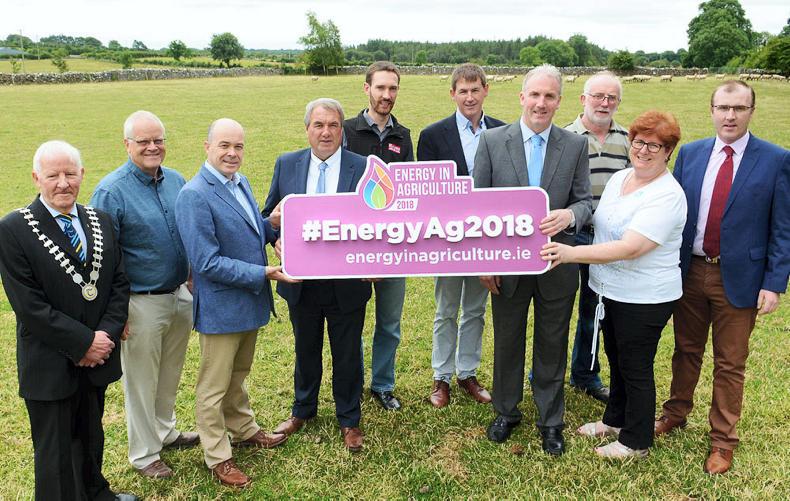
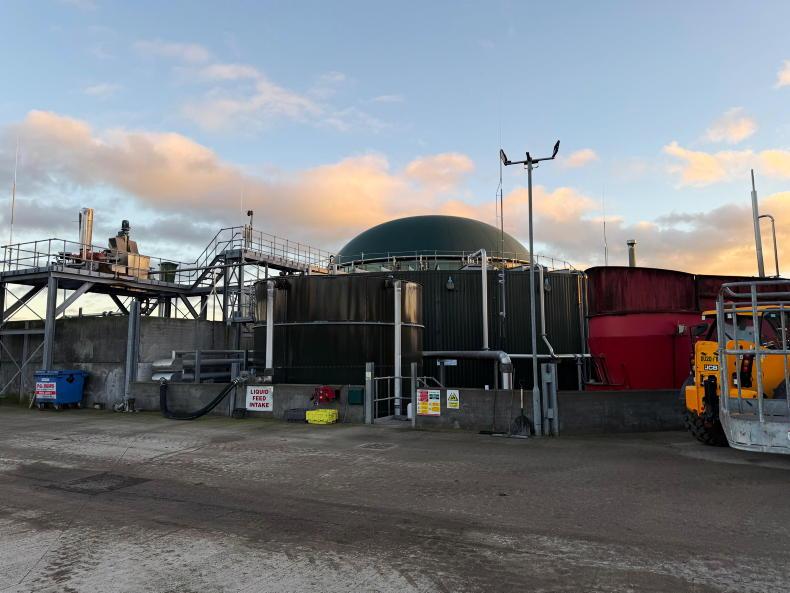

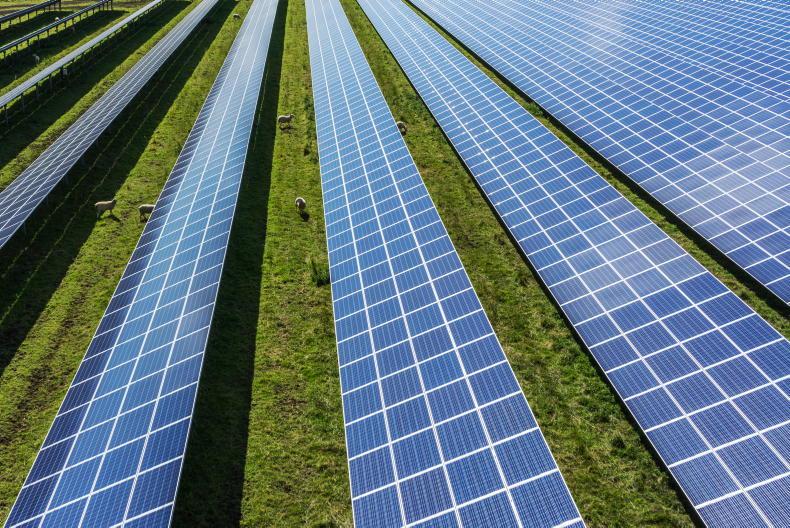
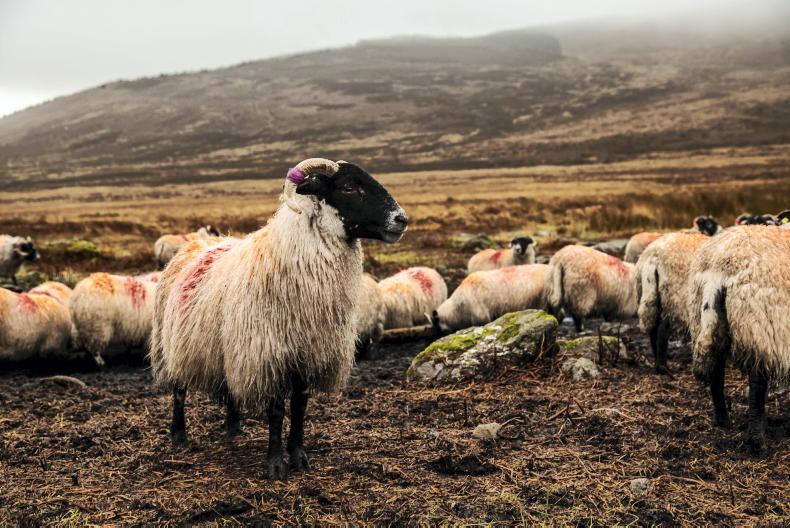
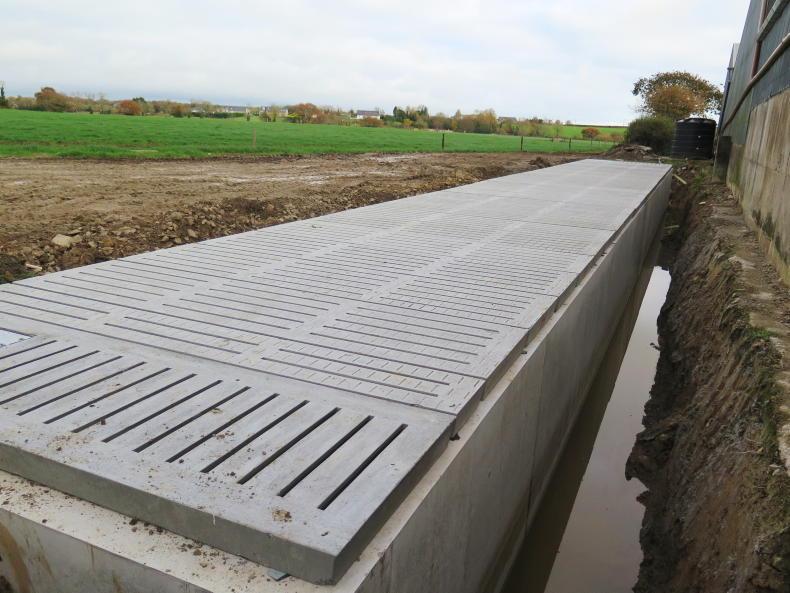
SHARING OPTIONS